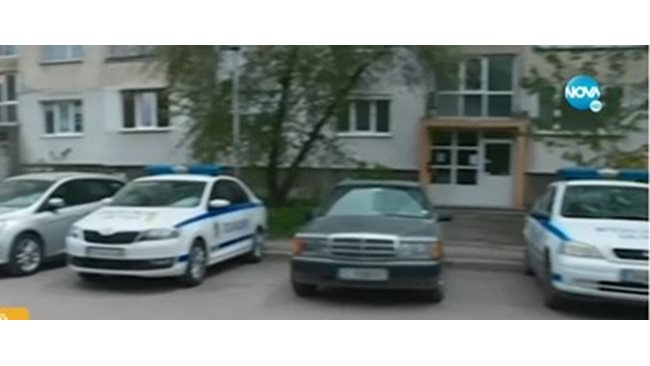As soon as the federal government paves the way, Hessen wants to start with the pilot project. The concept stands.
He appeared in Hesse’s first black-green coalition agreement. After the change of government in the federal government, the pilot project for so-called drug checking moves into the realm of the possible. “We enable and expand drug checking models and harm reduction measures,” says page 68 of the traffic light coalition agreement. And two sentences before that: “We are introducing the controlled sale of cannabis to adults for recreational purposes in licensed shops. This controls the quality, prevents the transfer of contaminated substances and guarantees the protection of minors.”
Waiting for Berlin
The Berlin traffic light has agreed to break new ground in drug policy. She wants to create a nationwide, legally secure framework for drug checking projects. That is why Hesse is stopping all efforts in this direction, the Ministry of Social Affairs informed the Frankfurter Rundschau on request. “The state government is refraining from pursuing both the lawsuit and the Federal Council initiative.” As soon as the new legal situation is decreed, Hesse can start immediately with the concept that has already been worked out.
The Greens have been fighting for the pilot project for almost ten years now. It is aimed at users of club drugs or psychoactive substances. Users should be given the opportunity to have the content of the substance checked anonymously before consumption. The transmission of the result is always connected with an explanatory discussion. Experiences from other European countries indicate that it can open doors to those who have no or no problem consumption. Experts report that the vast majority of consumers throw away the drug if it does not contain what they expected. Advocates expect drug checking to reduce the risky consumption of drugs of unclear composition.
Waiting for Berlin
The various initiatives in Hesse so far at the CDU-led Federal Ministry of Health and the Federal Institute for Drugs and Medical Devices have failed. Social Affairs Minister Kai Klose (Greens) found too little support for a corresponding change in the Narcotics Act in a preliminary vote in the Bundesrat.
The current Hessian coalition agreement provides for the pilot project to be funded with 400,000 euros. The concept stands. The organizations involved were identified three years ago. An accompanying scientific study is to investigate whether this is a sensible preventative offer.
If Berlin sets the necessary course, a cross-city model project for the regulated sale of cannabis could also start in the Rhine-Main area. After Frankfurt, Offenbach and Darmstadt, a few months ago Wiesbaden also spoke out in favor of joining the attempt to decriminalize and educate the drug at the same time.
–


